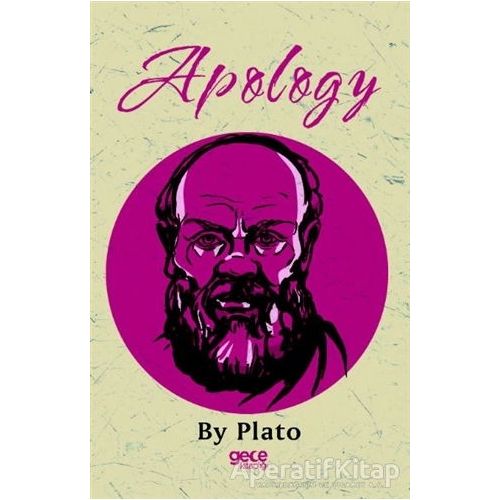Hiç mesaj bulunmadı
| Taksit | Tutar | Toplam |
|---|---|---|
| Tek Çekim | 160.00 TL | 160.00 TL |
250 TL nin altındaki tutarlar için taksit yapılamamaktadır.
| ||
| Taksit | Tutar | Toplam |
|---|---|---|
| Tek Çekim | 160.00 TL | 160.00 TL |
| 2 Taksit | 80.00 TL | 160.00 TL |
| Taksit | Tutar | Toplam |
|---|---|---|
| Tek Çekim | 160.00 TL | 160.00 TL |
250 TL nin altındaki tutarlar için taksit yapılamamaktadır.
| ||
| Taksit | Tutar | Toplam |
|---|---|---|
| Tek Çekim | 160.00 TL | 160.00 TL |
250 TL nin altındaki tutarlar için taksit yapılamamaktadır.
| ||
| Taksit | Tutar | Toplam |
|---|---|---|
| Tek Çekim | 160.00 TL | 160.00 TL |
250 TL nin altındaki tutarlar için taksit yapılamamaktadır.
| ||
| Ödeme Türü | Toplam Tutar |
|---|---|
| Diğer Kredi Kartları | 160.00 TL |
| Havale / Eft | 160.00 TL |
| Posta Çeki | 160.00 TL |
| Kapıda Ödeme | 170.00 TL |
Kapıda ödemeli siparişlerde +10,00TL kapıda ödeme hizmet bedeli ilave edilir. |
|
- Vade farksız taksitler KOYU renkte gösterilmektedir.
- X+X şeklinde belritilen taksitler (Örneğin: 2+3) 2 taksit olarak işleme alınmakta ancak ilgili bankanın kampanyası dahilinde 2 taksit üzerinden işlem yapıldığı halde 2+3 yani 5 taksit olarak kartınıza ve ödemenize yansımaktadır. (2 taksit seçilmiş olsa bile banka kampanyası dahilinde ekstradan vade farkı eklenmeden işlem 5 taksite bölünmektedir.)
In what relation the Apology of Plato stands to the real defence of Socrates, there are no means of determining. It certainly agrees in tone and character with the description of Xenophon, who says in the Memorabilia that Socrates might have been acquitted ‘if in any moderate degree he would have conciliated the favour of the dicasts;’ and who informs us in another passage, on the testimony of Hermogenes, the friend of Socrates, that he had no wish to live; and that the divine sign refused to allow him to prepare a defence, and also that Socrates himself declared this to be unnecessary, on the ground that all his life long he had been preparing against that hour. For the speech breathes throughout a spirit of defiance, (ut non supplex aut reus sed magister aut dominus videretur esse judicum’, Cic. de Orat.); and the loose and desultory style is an imitation of the ‘accustomed manner’ in which Socrates spoke in ‘the agora and among the tables of the money-changers.’ The allusion in the Crito may, perhaps, be adduced as a further evidence of the literal accuracy of some parts. But in the main it must be regarded as the ideal of Socrates, according to Plato’s conception of him, appearing in the greatest and most public scene of his life, and in the height of his triumph, when he is weakest, and yet his mastery over mankind is greatest, and his habitual irony acquires a new meaning and a sort of tragic pathos in the face of death. The facts of his life are summed up, and the features of his character are brought out as if by accident in the course of the defence. The conversational manner, the seeming want of arrangement, the ironical simplicity, are found to result in a perfect work of art, which is the portrait of Socrates.



